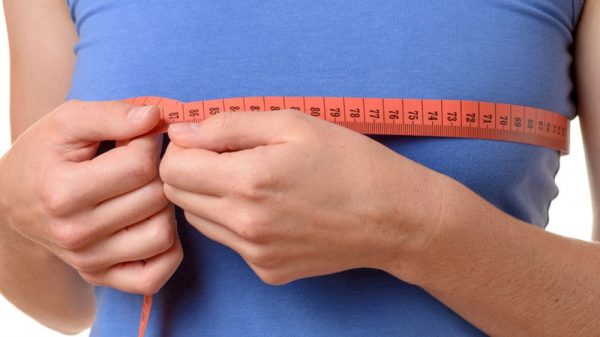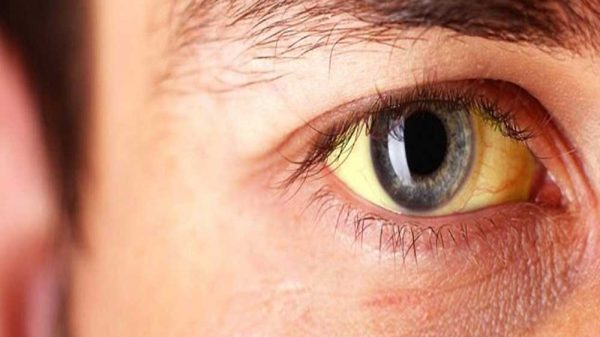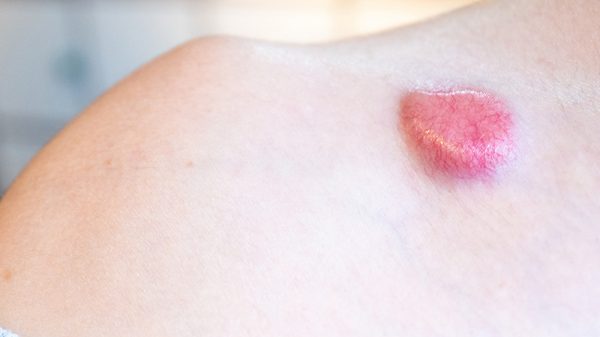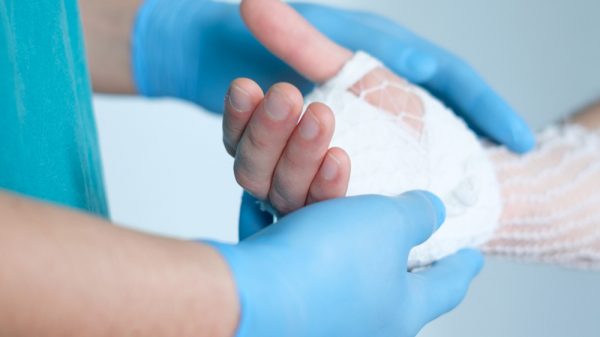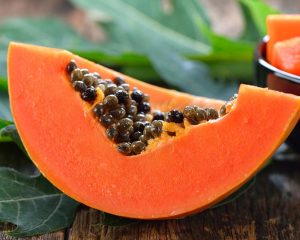Got an inflamed appendix? Remove it. Busted knee? Replace it. Torn ACL? Repair it. Surgical procedures across all medical specialties ultimately increase patients’ quality of life and often determine survival. However, the recovery period following surgery can be painful and exhausting. Here are 12 tips that cover what to eat after surgery and how to support a speedy recovery.
1. Get Plenty of Rest
Immediately following surgery, you will feel groggy as a result of pain medications and residual anesthesia. Even after the anesthesia wears off and you no longer need strong pain medications, fatigue after surgery is normal. If you find that your energy reserves are more depleted than usual, and you get tired more easily, this is simply your body’s way of signaling that it needs rest. Depending on how invasive your procedure was, fatigue after surgery can last from a few days to several weeks or longer.
To facilitate your body’s healing process, make sure you get regular sleep and rest when needed. Getting enough sleep each night is one of the keys to boosting recovery and fighting fatigue post-surgery. During sleep, the healing process is underway, and your immune system is working hard to repair damaged tissues. Rapid eye movement (REM) sleep is particularly important for immune function, fighting inflammation, decreasing oxidative stress, and facilitating repair.
2. Drink Plenty of Fluids
Drinking plenty of fluids is critical in the post-surgery recovery period. Fluids are needed to keep your blood pressure high enough to make sure blood reaches the surgical site to deliver much-needed oxygen and nutrients for cellular growth and repair. Pre-surgery, you likely had to avoid liquids for many hours, and though technicians usually administer IV fluids during surgery, some patients may still be at risk for dehydration following the procedure. Low-sugar sports drinks can rebalance and replenish electrolytes that may have been lost during surgery, helping fight dehydration and expediting recovery. Electrolyte tablets can also help the body replenish minerals like potassium, sodium, and magnesium. Just keep in mind, if you have a kidney issue, double-check with your doctor to make sure potassium supplementation is healthy for you.
3. Protein with a Balance of All Essential Amino Acids
A post-surgery diet should be rich in essential amino acids, which are the building blocks that make up protein. Essential amino acids are vital for recovery and repair. Under normal circumstances, the body requires a certain amount of essential amino acids each day to promote recovery from the day’s activities. Under stressful circumstances such as recovering from injury or surgery, the body requires even more essential amino acids.
Getting sufficient protein is necessary to maintain muscle mass during the healing period. Muscle cells are constantly turning over and replacing themselves, so eating enough protein is critical for preventing muscle wasting that can occur from being stationary for a long period of time.
Lean proteins to incorporate into your post-surgery diet that contains all essential amino acids include cottage cheese and nonfat yogurt. Soybeans, tofu, and tempeh are high-quality vegetable proteins that also encourage repair.
In many cases, a high-quality supplement may be the best way to get optimal ratios of all essential amino acids. Supplemental essential amino acids can make sure you’re getting the building blocks of protein while skipping the digestive process that may require extra energy. Supplements will provide a pure form of essential amino acids that are easily digested and support a speedy recovery. A study conducted by researchers in Italy evaluated the impact of essential amino acid supplementation on the recovery process for patients who had received hip replacements. Results revealed that patients who had received essential amino acid supplementation had regained more hip function than those in the control group. (1)
Without all essential acids in optimal ratios, the body is unable to quickly rebuild muscle and other tissues. The bottom line is don’t skimp on protein! Keep reading below to find out tricks for getting the nutrients you need while recovering from surgery, even if you are experiencing a loss of appetite.
4. Prebiotic and Probiotic Foods
During many surgical procedures, your physician likely administered antibiotics in either a pill form or IV drip to prevent an infection from taking hold. In some cases, you may even be required to take a course of probiotics for a week or two after surgery, to protect an open wound during healing. Though antibiotics are life-saving and prevent an array of post-surgical complications, they also kill off the good bacteria in your gut that usually help you break down food. Foods to eat after surgery include those that are rich in prebiotics and probiotics since both works together to support the re-growth of a healthy gut microbiome.
Probiotics are healthy bacteria strains that support digestion and also produce metabolic byproducts that influence brain health, liver health, and immune function. Foods that contain probiotics include kimchi, sauerkraut, kombucha, kefir, and yogurts. If needed, probiotics can be taken in the form of a supplement.
In contrast to probiotics, prebiotics is not actually microorganisms, but rather the food that feeds healthy gut microorganisms. Prebiotics refer to oligosaccharides and other compounds in certain foods that remain intact as they travel through the digestive system. Prebiotic foods support the growth of beneficial bacteria in the colon, which encourages overall gut health. In addition to supporting healthy gut bacteria, prebiotics has been shown to support immune function by decreasing inflammation and improving the function of immune cells like macrophages and natural killer cells. Eating prebiotic-rich foods could enhance your body’s healing mechanisms and fight off infection post-surgery. (2) Foods rich in prebiotics to add to your post-surgery diet include asparagus, onions, flaxseed, and whole grain oats and wheat.
5. Eat High-Fiber Foods
Pain management following a surgical procedure often includes opioids. Though these medications are effective painkillers, they often have undesirable side effects that include severe constipation.
On top of opioid-induced constipation, any kind of surgery in the abdominal area often causes a shock effect on your digestive system. The body responds to surgery as a physical trauma and channels resources towards the wounded area. A common gastrointestinal side effect of abdominal surgery is called ileus and can result in bloating and constipation.
Eating foods high in fiber can help your digestive tract get moving again while feeding good bacteria in the gut. Foods high in fiber include whole grains, fruits, vegetables, beans, nuts, and seeds.
At the same time, limit your intake of red meat, high-fat dairy, and other low-fiber foods that are difficult to digest. These foods are dense in animal protein, low in fiber, and subsequently, take a long time to digest. This worsens constipation. Plus, when you consume these foods, the body spends a lot of energy on digestion, leaving less energy available for repair and recovery. When you do decide to eat meat, aim to eat papaya, kiwi, and pineapple shortly beforehand. These fruits contain enzymes that aid the digestion of protein into individual amino acids.
6. Anti-Inflammatory Fruits and Veggies
Fruits and vegetables are a vital part of the post-surgery recovery diet. Fruits and veggies are rich in fiber as well as healing nutrients like vitamin C and antioxidants. For a dose of vitamin C, go for oranges, strawberries, cauliflower, bell peppers, leafy greens, avocado, and brussels sprouts. All fruits and vegetables contain polyphenols or carotenoids that exhibit antioxidant activity. Antioxidants help lower inflammation and clear waste products from cells to help the body repair injuries. Examples of antioxidant-rich foods are kale, sweet potato, flaxseeds, grapes, cherries, apricots, blueberries, and blackberries.
7. Eat Foods High in Good Fats
Healthy fats are vital for reducing inflammation while supporting cellular growth and repair. As your body works to create more cells, it’s also utilizing fats more than usual. Fat compounds support the structure of cell membranes and fortify new cells when repairing an injury. Healthy fats to add to your diet include polyunsaturated and monounsaturated fats that are found mainly in plant products like nuts, seeds, and healthy oils. Fatty fish provide an especially healthy source of polyunsaturated fats called omega-3 fatty acids. To get lots of healthy fats in your diet, go for foods like walnuts, pecans, peanut butter, flaxseeds, chia seeds, avocado, olive oil, salmon, mackerel, and sardines.
8. Eat Enough Calories
The quality of food is important for supporting a quick recovery and supplying you with energy, but so is eating enough food. You may be lying in bed or on the couch not doing too much, but your body is still hard at work. If you had microscopic vision, you would see your cells furiously dividing in response to tissue damage. The mitochondria in all of your cells are working hard to produce ATP to support your immune system’s response team. Though you might not be burning calories from exercise, your body is using up energy at a rapid rate to support growth and repair. As long as your stomach is able, make sure to consume the same amount of food that you normally would (maybe even a little more). Make sure to fuel your body accordingly.
9. Follow Post-Surgery Physical Therapy Instructions
Physical therapy is especially important for orthopedic surgeries involving joint and bone repairs. For example, a knee replacement surgery will require diligent physical therapy exercises to regain full knee function over the course of many months. On the other hand, a minimally invasive abdominal surgery such as a laparoscopic appendectomy simply requires rest, and you’ll likely be back to normal in a couple of weeks.
If you’ve had a more extensive surgery involving joint replacements and repaired ligaments, your surgeon will connect you with a physical therapist who can guide you through the best exercises for regaining strength, mobility, and flexibility.
10. Exercise When Cleared by Your Doctor
As important as it is to rest, at a certain point it’s crucial to start incorporating gentle exercise into your routine as soon as you’ve been cleared. Engaging in physical activity as simple as taking a walk can help get your blood circulating so it can deliver more oxygen and nutrients to healing body parts. Exercise also helps you get your strength back, maintain muscle mass, and boost cardiovascular function during the recovery period.
11. Combat Loss of Appetite
Nausea is completely normal immediately following surgery, due to common side effects from general anesthesia. It’s also not uncommon for nausea to continue for a day or so following surgery.
You may also experience a loss of appetite after surgery. If food doesn’t appeal to you, there are ways to make sure you’re getting the nutrients you need until you gain your appetite and strength back.
- Smoothies: Shakes and smoothies are lifesavers when it comes to getting nutrients and protein post-surgery when your appetite is low. If you’re having trouble eating a large amount of food, you can make your smoothie calorie-dense by adding frozen bananas, peanut butter, ground flaxseed, and oats. Smoothies are also perfect agents for adding whey protein powder and essential amino acid supplements to get the protein you need to expedite recovery, without having to increase your food intake.
- Soup: Soups provide an easy way to include lots of ingredients in one dish. Broth-based soups can help soothe nausea and ease the digestive system back into normal functions. A classic chicken noodle soup can be a great way to get protein, vegetables, carbs, and some salt while you gradually work up your appetite.
- Natural stomach-soothing agents: Though different foods are helpful for recovery, they can’t be helpful if you can’t keep them down! Before varying your diet, you may need to first focus on foods that are easy to digest as you work on mitigating nausea and simply keeping foods down. Try chewing on a little raw ginger root to help curb nausea, then stick to plain, soft foods like whole-grain toast, pasta, bananas, low-sugar pudding, and scrambled eggs. Try sipping on a mild tea using lemon and honey. Lemon is a refreshing citrus that may help improve stomach symptoms related to surgery. Honey functions as an effective anti-nausea agent by coating and soothing the stomach.
Nausea for the first day after surgery is normal as the anesthesia wears off. However, if nausea and vomiting are persistent and prevent you from eating, make sure you take care of it as soon as possible. Nausea and vomiting several days post-surgery, especially accompanied by a fever, indicate infection. Contact your doctor or seek medical attention immediately if you notice these symptoms.
12. Be Patient and Reduce Stress Levels
Recovery can be an extremely frustrating process, and it may be tempting to start using your recovering limb or engaging in certain activities earlier than recommended. In these moments, try to exercise patience. You underwent surgery to fix a health issue, and the last thing you want to do is risk re-injury. If you have energy and are movement-restricted, try exerting mental energy instead. Stay distracted with books, documentaries, podcasts, puzzles, and anything that gets your brain going.
Recovering from major surgery is stressful in and of itself. However, make sure to keep your stress levels as low as possible during recovery. Stress can interfere with proper immune function by increasing levels of stress hormones in the blood, particularly cortisol. Chronically high levels of cortisol in the blood can cause systemic inflammation and oxidative stress, which can impair a speedy recovery. Try incorporating anti-stress tactics into your daily routine, like meditation and deep breathing. Playing games and spending time with family and friends can work as de-stressors too.
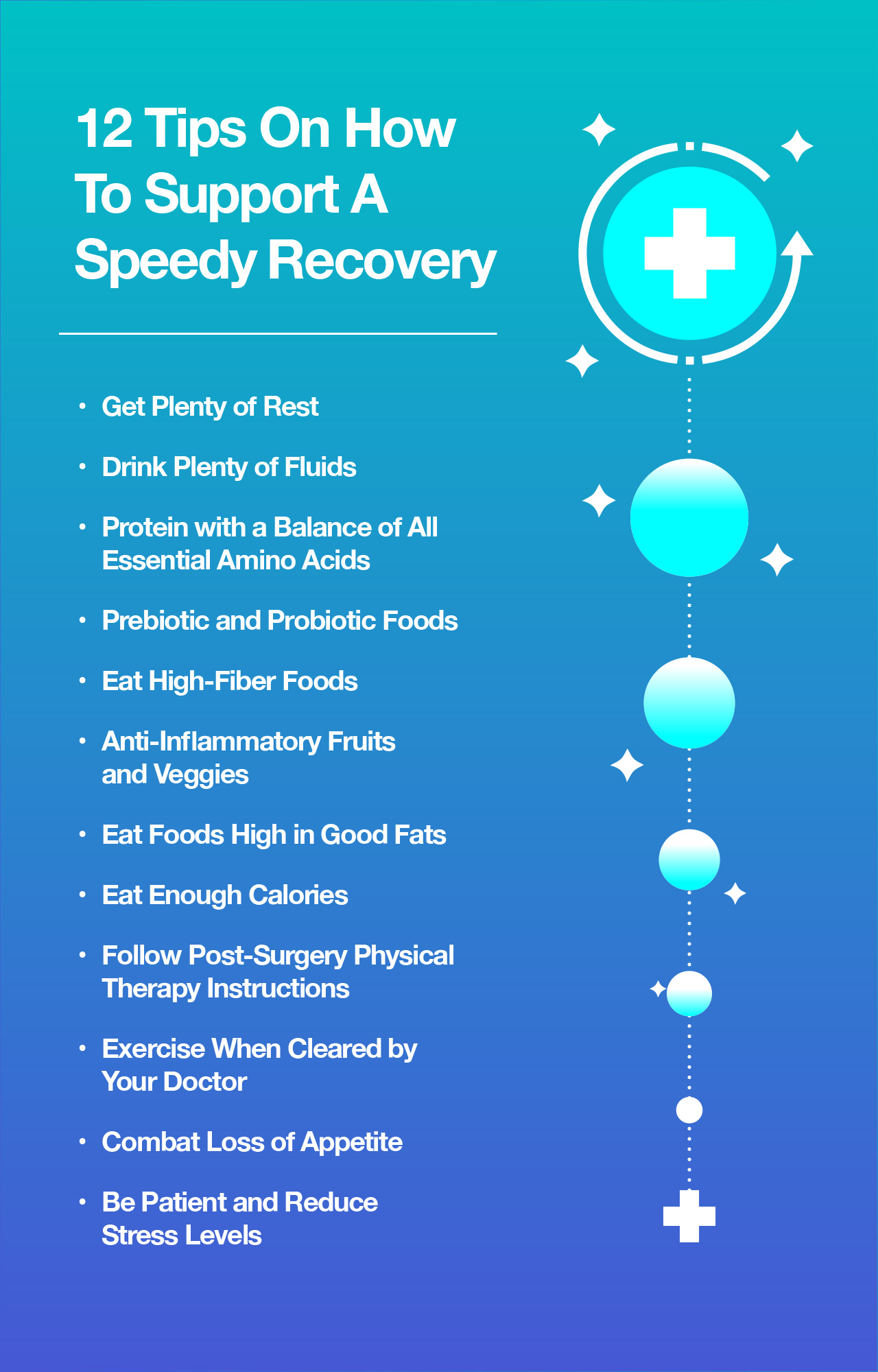
Things to Keep in Mind
If you are concerned about post-surgery nutrition and how to plan your meals to get all the nutrients you need, a registered dietitian can provide guidance that is directly relevant to your surgical procedure, underlying health conditions, and biochemistry.
Food recommendations will vary depending on the type of surgery that you’ve had. For example, you will be advised to eat very small portions if you’ve had a surgery that directly impacts the digestive system. In particular, weight loss procedures like gastric bypass or gastric sleeve will affect the amount of food that you are able to eat as well as food textures you can eat as your stomach heals. Oral surgery will require a liquid-based diet post-surgery.
Food recommendations will also vary based on any other health conditions you have. For example, if you have fatty liver disease or diabetes, you may want to exhibit extra vigilance in avoiding refined carbohydrates, added sugars, and saturated fat.
Always follow your physician’s guidelines for an appropriate diet that supports recovery.
Conclusion
The best foods to eat on a post-surgery diet are those that support the smooth functioning of all body systems. Essential amino acids are a particularly vital part of the post-surgery diet since their importance in immune function and healing is sometimes overlooked. Antioxidants, prebiotics, probiotics, and fiber in plant-based foods are also critical to supporting the healing process.
References:

